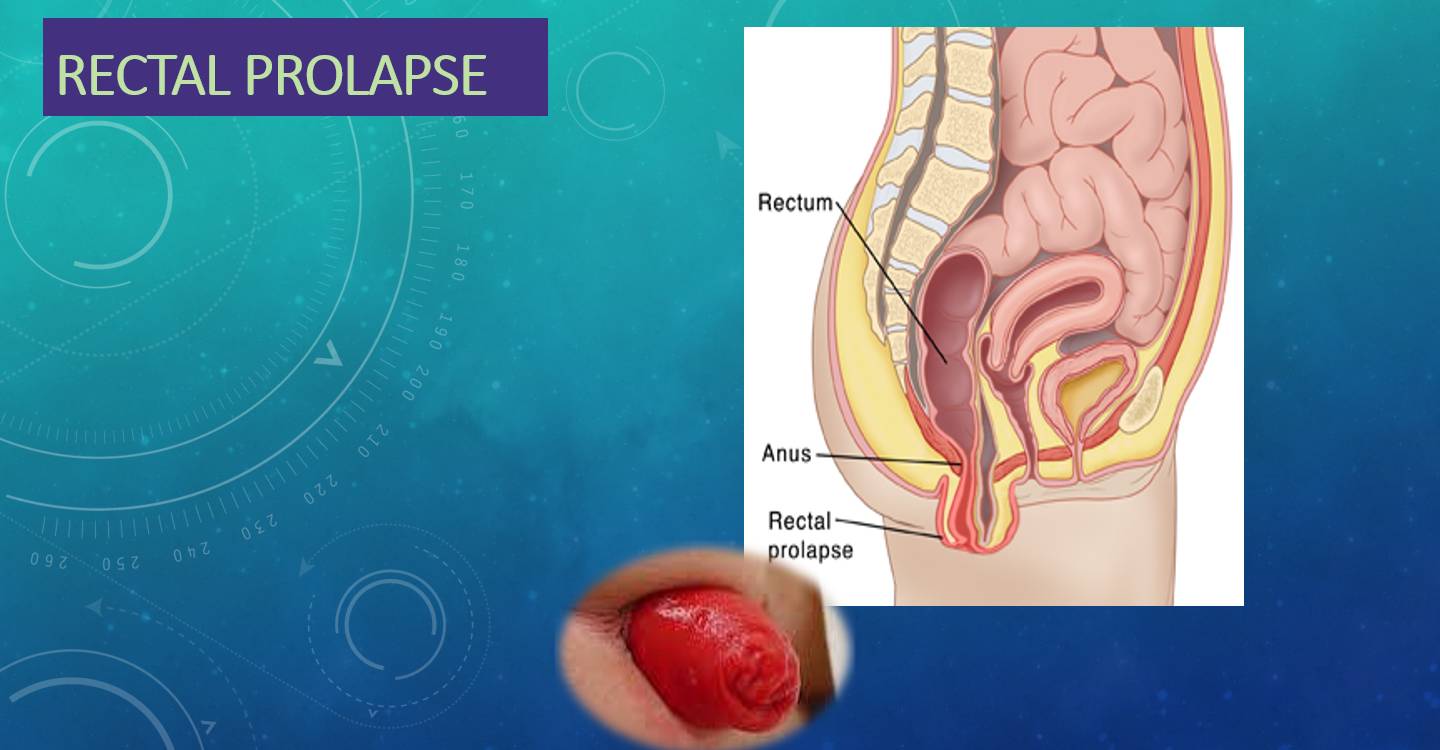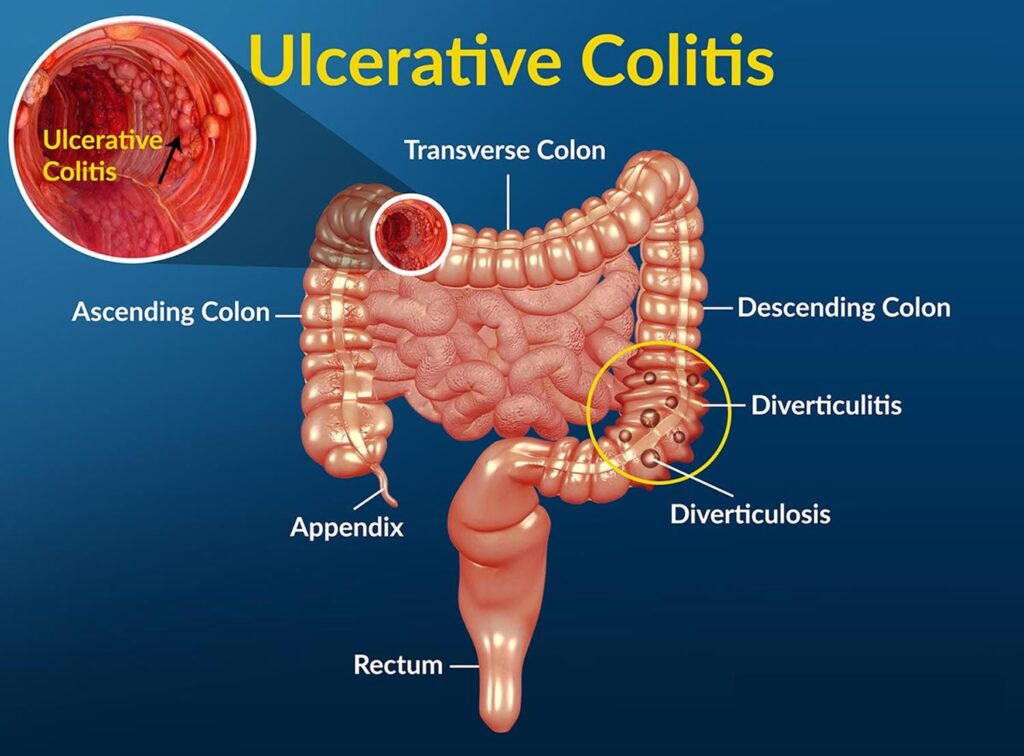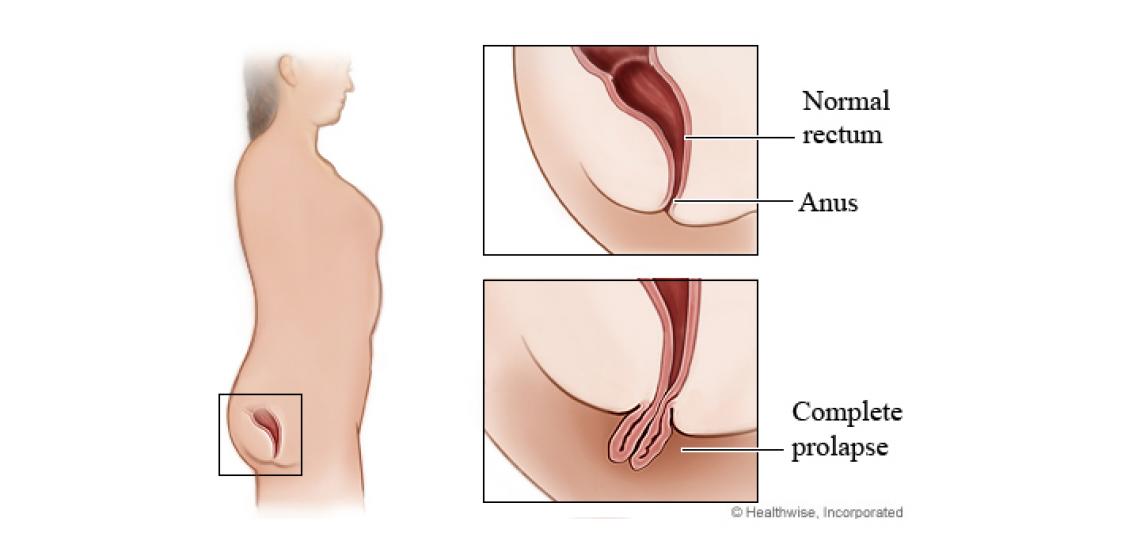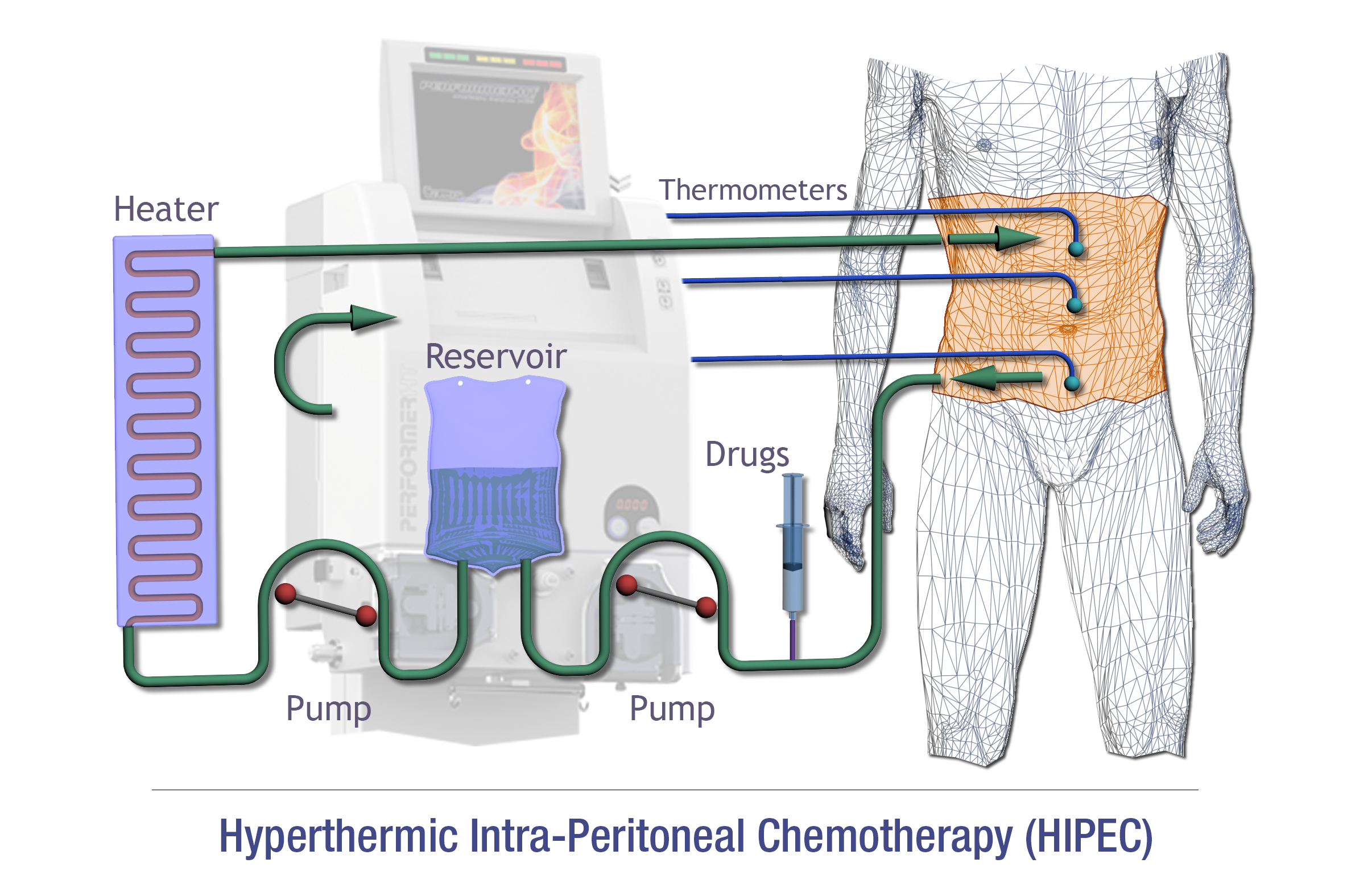Yes, rectal prolapse can occur in children, although it is relatively uncommon. Pediatric rectal prolapse is most frequently seen in younger children, typically between the ages of 1 and 3 years. There are several factors that may contribute to rectal prolapse in children:
- Constipation: Chronic constipation, often due to dietary factors, can lead to straining during bowel movements. This straining can weaken the pelvic floor muscles and contribute to rectal prolapse.
- Cystic Fibrosis: Children with cystic fibrosis, a genetic disorder affecting the respiratory, digestive, and reproductive systems, may be at a higher risk of developing rectal prolapse.
- Neurological Disorders: Conditions affecting the nervous system, such as spinal cord abnormalities or neurological impairments, can impact the coordination of bowel movements and contribute to rectal prolapse.
- Malnutrition: Poor nutrition and malabsorption can lead to a lack of muscle tone and strength, potentially increasing the risk of rectal prolapse.
- Parasitic Infections: In some cases, parasitic infections may contribute to chronic diarrhea and straining during bowel movements, which can increase the risk of rectal prolapse.
The symptoms of rectal prolapse in children may include the protrusion of the rectum through the anus, discomfort or pain, and bleeding. It’s important for parents or caregivers to seek prompt medical attention if they notice any signs or symptoms of rectal prolapse in a child.
The treatment of pediatric rectal prolapse often involves addressing the underlying cause, such as managing constipation, providing proper nutrition, and addressing any associated medical conditions. In some cases, surgical intervention may be recommended.
Parents or caregivers should consult with a pediatrician or pediatric gastroenterologist for a thorough evaluation and appropriate management plan tailored to the child’s specific needs and health conditions.
Are you seeking specialized care for gastrointestinal concerns? Dr. Chintamani, recognized as the leading Gastrointestinal Doctor in Mumbai, is dedicated to providing comprehensive and personalized solutions for your digestive health.




